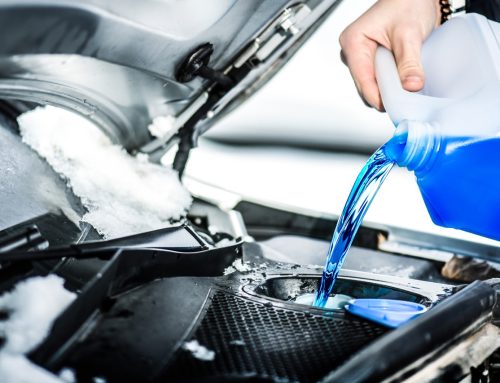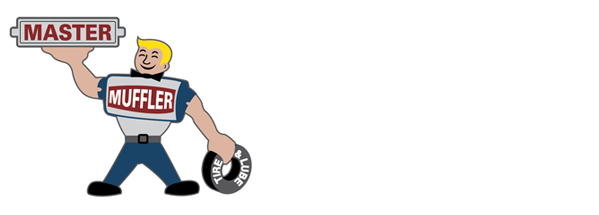Constant velocity (CV) axles are most commonly found in front-wheel drive vehicles. Designed to help your car drive smoothly and efficiently over uneven roads, the CV axle delivers power to your front wheels while allowing them the flexibility to pivot at the same time. The wear and tear of everyday use causes the CV axle to deteriorate over time, creating a commonplace problem that a Utah auto mechanic can easily repair. Here are a few signs to let you know that your axles may have gone bad.
Vibrations. In the early stages, soft vibrations will be felt through the floor of the car. Eventually, you will feel the vibrations in the steering wheel, particularly as you try to make a tight angle turn.
Resistance. Along with the vibrations, a sign of a bad CV axle is when the steering wheel becomes unnaturally heavy or difficult to turn.
Strange Noises When Turning. When a turn on your steering wheel is accompanied by either a screeching or deep grinding sound, then there is mostly likely a problem with the CV axle. A driver can easily test this by doing the following. Turn your steering wheel completely in one direction. Put your car in reverse and start backing up slowly. If the noise becomes more consistent and increases in volume then the CV axle is in need of repair.
Strange Noises While Driving. If when accelerating, decelerating, or putting your car in drive, you hear a clunking, humming or growling noise, then your CV axle has most likely suffered severe damage. Take your car into a Utah auto mechanic to ensure that you do not harm your car’s turning ability.
While commonplace, damage to the CV axle and its bearings can be dangerous to you and your car. Remember to always take proper precautions and to take your car into a Utah auto repair shop whenever you notice potential symptoms. They will be able to quickly identify and fix the problem, getting you safely back on the road.







